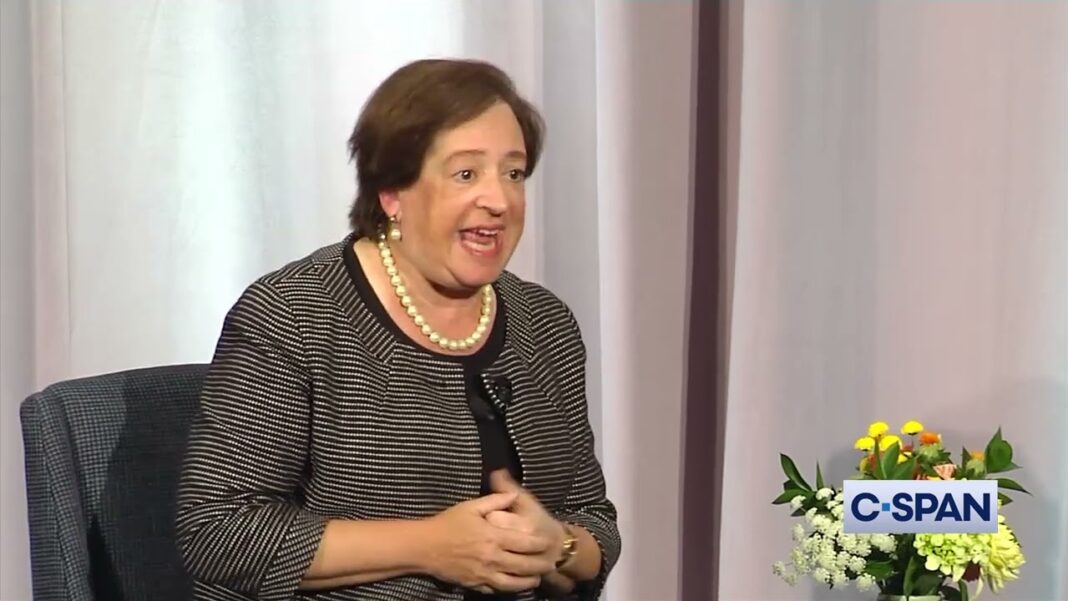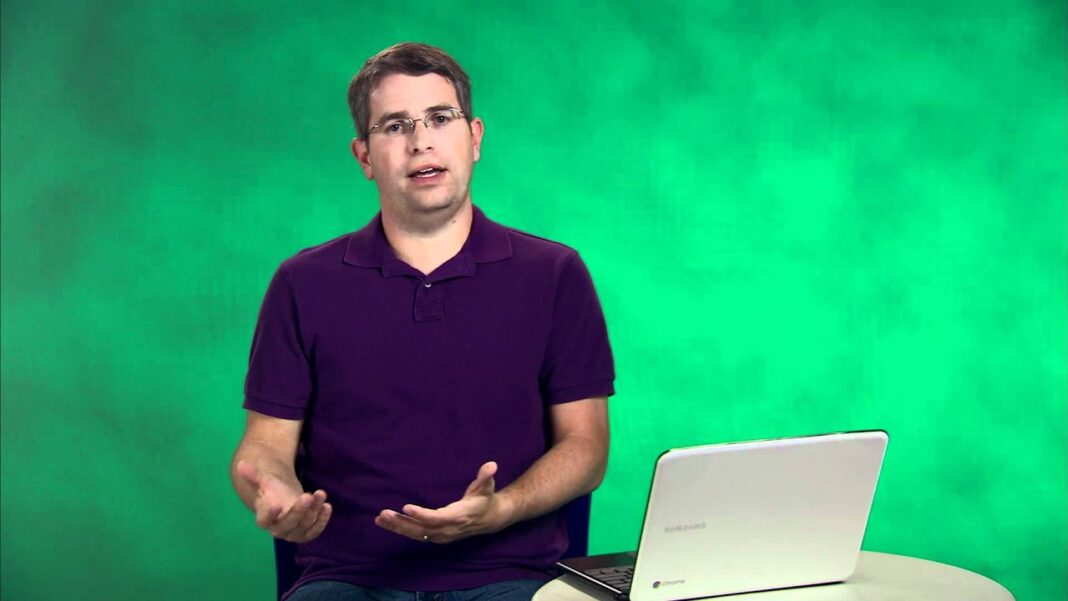Congress has the power to impose regulations on the U.S. Supreme Court, a justice said on Aug. 3.
“It just can’t be that the court is the only institution that somehow is not subject to checks and balances from anybody else. We’re not imperial,” Justice Elena Kagan told a judicial conference in Oregon.
“Can Congress do various things to regulate the Supreme Court? I think the answer is: yes,” Justice Kagan, an appointee of former President Barack Obama, added.
Justice Samuel Alito recently said that Congress has no authority to regulate the nation’s top court.
“I know this is a controversial view, but I’m willing to say it,” Justice Alito, an appointee of former President George W. Bush, said. “No provision in the Constitution gives them the authority to regulate the Supreme Court—period.”
Justice Alito was referring referring to Article III, section 1 of the Constitution, which states, “The judicial power of the United States, shall be vested in one Supreme Court, and in such inferior courts as the Congress may from time to time ordain and establish.”
Justice Alito said he was not sure whether his colleagues on the nation’s highest court agree with this view. “But I think it is something we have all thought about,” he said.
Some Democrats responded to Justice Alito’s comments by disagreeing with him.
“Dear Justice Alito: You’re on the Supreme Court in part because Congress expanded the Court to 9 Justices,” Rep. Ted Lieu wrote on X, formerly known as Twitter. “Congress can impeach Justices and can in many cases strip the Court of jurisdiction. Congress has always regulated you and will continue to do so. You are not above the law.”
At the judicial conference, Politico reported, Justice Kagan said, “Of course, Congress can regulate various aspects of what the Supreme Court does.”
“Congress funds the Supreme Court. Congress historically has made changes to the court’s structure and composition. Congress has made changes to the court’s appellate jurisdiction,” she said, adding: “Can Congress do anything it wants? Well, no. There are limits here, no doubts.”
The court has been in internal discussion on adopting an updated ethics code, according to Justice Kagan.









